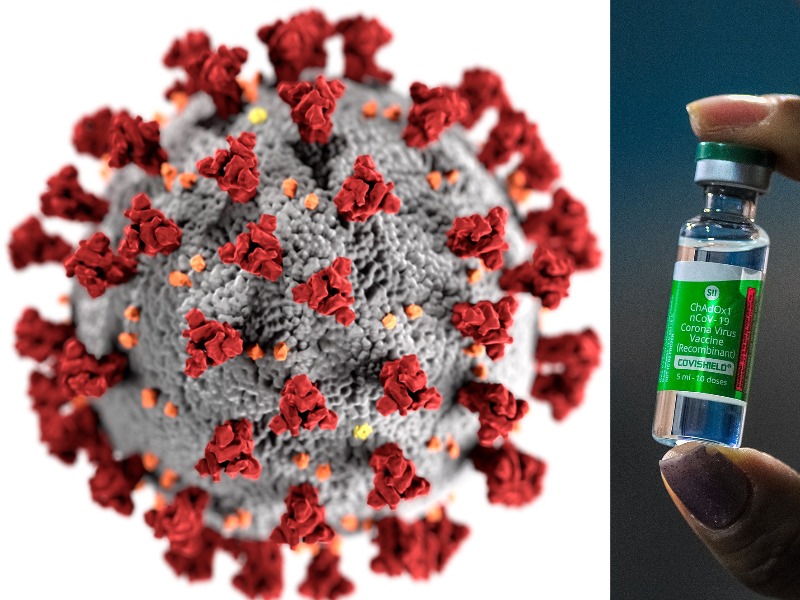Bangladesh
 Covid-19
Covid-19 Covishield developed four times higher antibodies among Covid-infected individuals, says IEDCR report
Dhaka, May 13: A new research has said that the Oxford-AstraZeneca Covid-19 jab (Covishield) has helped develop 92 percent antibody after a month and 98 percent antibody two months after taking it in the body of a coronavirus infected person.
The data came from a joint study by the Department of Health's Institute of Epidemiology, Disease Control and Research (IEDCR) and the International Centre for Diarrhoeal Disease Research, Bangladesh (icddr,b). This information has been revealed in a report published by IEDCR on Wednesday (May 12).
The IEDCR and icddr,b have been conducting joint research on the presence of antibodies in the blood of infected persons injected with the vaccine since the country began vaccinating Oxford-AstraZeneca on February 7. The study will review the presence of antibodies in the blood at different times in the next two years of vaccination among 6,300 vaccine recipients in different health centers of the country.
Preliminary results of the study show that 120 persons of the first-dose vaccine recipients produced antibodies 92 percent one month after the vaccine and 98 percent two months later. The presence of antibodies has been found in the body of vaccine recipients of all ages. There was no significant difference in the presence of antibodies with or without other diseases.
It appears that coronavirus antibodies are being produced in the body after vaccination among Bangladeshis. Ongoing research will provide up-to-date information on the presence of antibodies in the vaccine recipients in the future, the IEDCR said.



